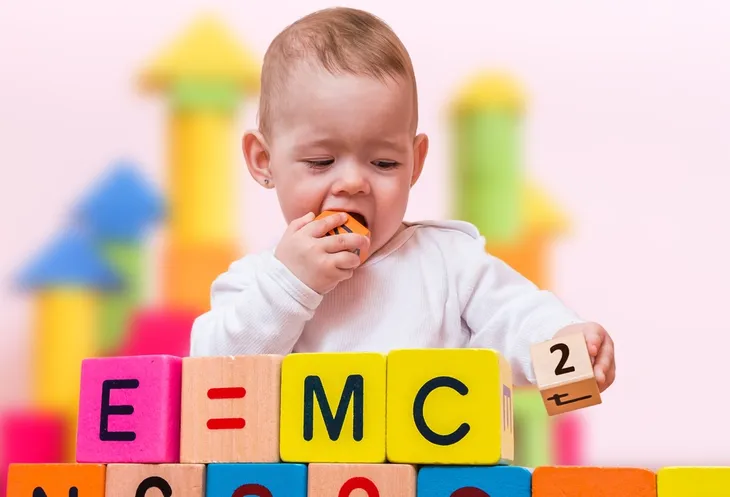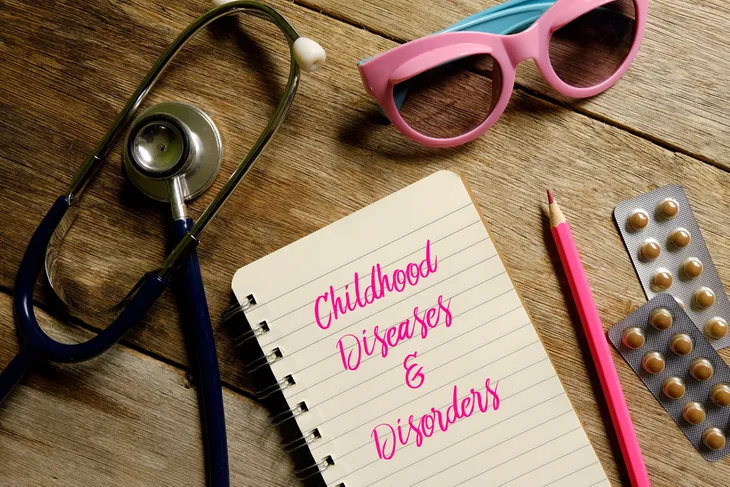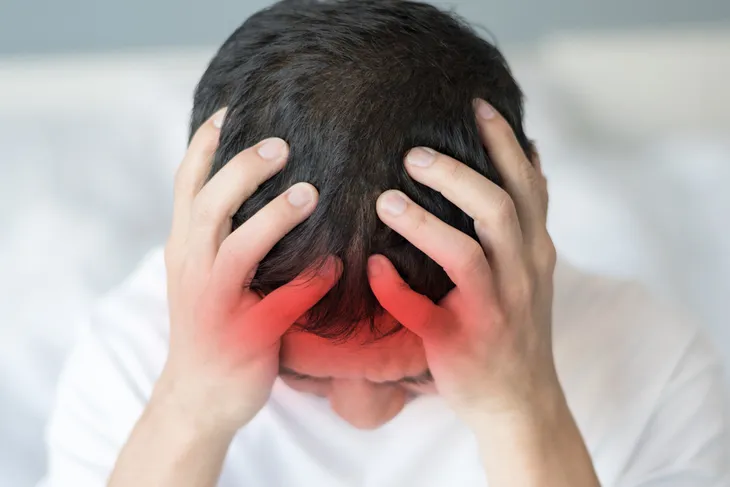These disorders usually relate to infants and children, as they suggest something has gone awry with the nervous system in the growth stages. However, the symptoms can last well into adulthood or for a patient’s entire life.
According to the Environmental Protection Agency (EPA), surveys have shown that approximately 15-percent of children aged 3 to 17-years old were affected by some type of neurodevelopmental disorder from 2006 to 2008. Let’s take a look at some things to know about neurodevelopmental disorders…
1. ADHD is A Major Neurodevelopmental Condition
The Centers for Disease Control and Prevention (CDC) explains that Attention Deficit Hyperactivity Disorder is one the most common neurodevelopmental disorders in childhood, and often lasts into adulthood.
While there are treatments, a child with ADHD may have trouble functioning normally on a day-to-day basis due to impulse behaviors, as well as trouble sitting still and getting along with others.
2. It Includes Intellectual Disabilities
Merck Manuals explains that the term intellectual disability (which replaces the outdated “mental retardation”) is categorized by an IQ of less than 70 to 75, combined with problems with communication, self-direction, social skills, and “maintenance of personal safety.”
Children affected by this neurodevelopmental disorder will be diagnosed based on their ability to adapt to age and social-specific standards of independent functioning, and will also show signs of barriers to learning, problem-solving, and abstract thinking. Some children will not show signs of a disability until preschool age, it adds.
3. Other Major Neurodevelopmental Disorders
There are other major disorders that fall under the neurodevelopmental heading, including autism spectrum disorder, cerebral palsy, seizures, and even blindness and deafness, according to the EPA. Some others can include motor tic disorders, with Tourette’s syndrome included at the top of that category.
The source also points out that children will often be diagnosed with more than one condition – for example, it says that about 4-percent of U.S. children have both a learning disability and ADHD.
4. They Have a Number of Possible Causes
The causes of any neurological disorder (and there’s a long list) include genetic factors, as well as conditions before or after birth such as hypoxia (inadequate oxygen supply of tissues), alcohol or other toxic exposures, nutritional deficiencies, infections, or trauma, notes ScienceDirect.com.
“Many of these are poorly understood, and gene defects are often unknown,” adds the source. However, medical science is learning more and some newer treatments are emerging, which we will also cover in this article.
5. Drugs are Not The First Treatment Option
MedicaidMentalHealth.org explains that pharmacotherapy is “not the primary treatment for youth with neurodevelopmental disorders.” The initial strategies usually include behavior therapy, speech therapy, and special education services as front-line responses to a diagnosis.
However, this doesn’t mean drug therapies such as antipsychotics and stimulants are ruled out. Depending on the severity of symptoms, “some medications may be helpful,” although a close eye must be kept for side effects, it adds. Melatonin, a non-prescription medication that is naturally occurring in the body, can be used as directed for sleep troubles in patients with neurodevelopmental disorders, says the source.
6. They May Be Treated in Adulthood
A post on PubMedCentralCanada.ca from 2008 says that abnormalities in brain development were once thought to be irreversible in adulthood. However, the source says a number of animal model studies of these neurodevelopmental disorders show that reversal of the “underlying molecular deficits” leading to higher functioning can be possible, even if treatment is started later in life.
The source said notes drug approaches were used to achieve the surprising improvements. “These findings also highlight the surprising potential for plasticity in the adult brain,” it adds, noting the approach could also possibly be applied to brain injuries, stroke, and addictions.









